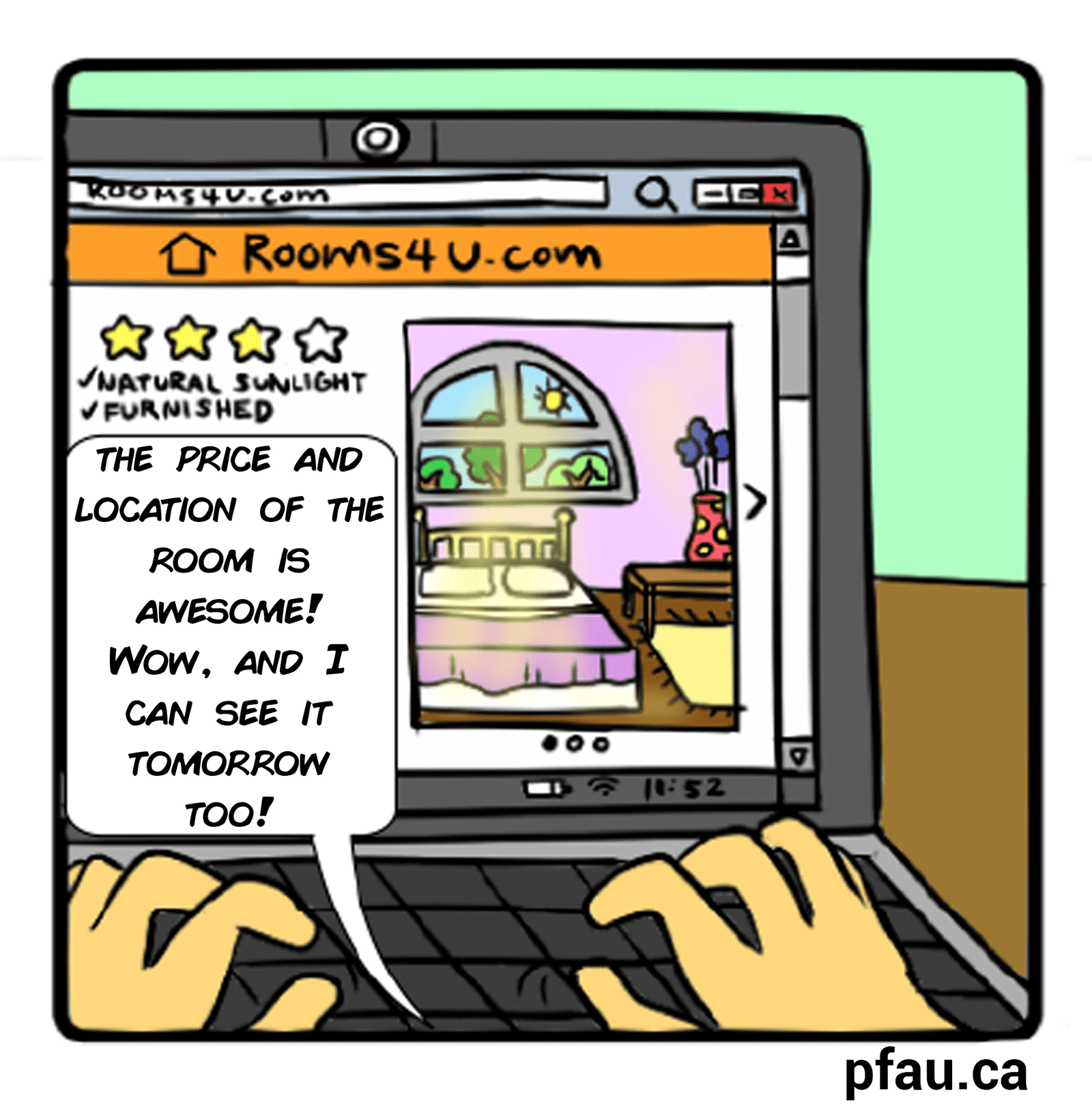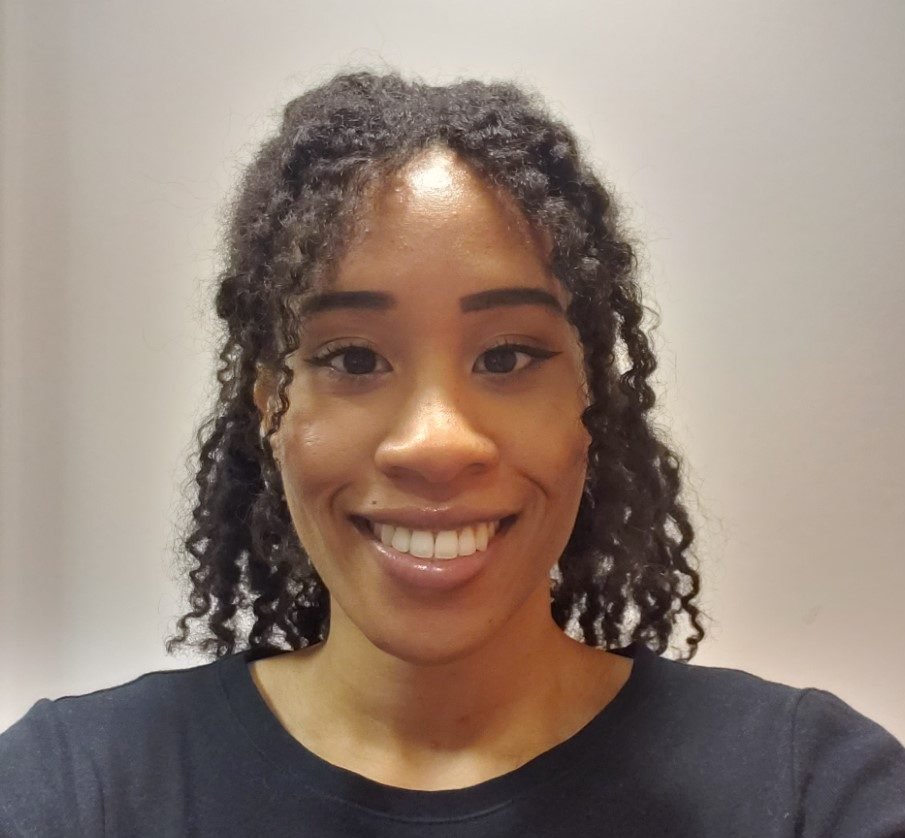We interviewed Yinan Xia about finding suitable housing for students living outside of the dormitory or their parents’ home for the first time. Where you live can have a huge impact on how you feel, and in turn, how you do in school. Factors such as location, quality of the building, price, and co-inhabitants can greatly affect the quality of life you have in your living space. So, it is important to know what to look for when looking for a place to live.

This week’s guest is Yinan Xia, Real Estate Broker and Sr. Vice President at the Bay Street Group, as well as an adjunct lecturer teaching Real Estate Investment courses at Victoria International College of Business and Technology. He was ranked #1 out of 900 agents in Bay Street Group by gross revenue in both 2020 and 2019. He loves what he does and is passionate about finding his clients the best home for their needs.
_
For a first-time renter, what would you say are the top three things they should consider before starting their search?
I think the number 1 thing students should think about is the location. That’s going to affect you on a daily basis wherever you are. You may feel that if you move further for another additional 10 or 15 minutes of commute time, you can save 100 bucks per month. However, you should take into consideration the opportunity cost from the extra commute time on a daily basis. Sometimes, there’s traffic and it may take even longer. You could have used the wasted time to do something more significant. The optimal commute time, I think, is less than 30 minutes. So, don’t just focus on finding the cheapest place, but rather finding the location that saves you time that you can use for better things.
The other thing to consider when doing apartment hunting would be the noise level. You want to make sure that the place is quiet. When you are in there, try turning on the furnace, air condition, look outside the windows to see if it’s next to a train, highway, or any kind of machine, and talk to your neighbours if possible. All of those will bring additional noise to your unit. People sometimes do not realize that until they move in. Noise can really affect your quality of rest, sleep, and study. As a result, pay close attention when viewing the apartment, because once you are stuck with a one-year lease, you can’t easily get out of it.
This brings us to the last time to think about when searching for housing – the lease period. Landlords or building rental offices all want a one-year lease, but you should consider whether it fits with your personal schedule. Sometimes, signing up for a lease might not be in the best interest of you, especially for students who would like to go back home during the summer. In this case, an eight-month lease may be better. There are different options, if you look hard enough, then you may find a place you like that offers a shorter leasing period.
How can a real estate agent help a new renter find a suitable property? What kind of person can benefit from the help of a real estate agent?
I would say that there are three main benefits of hiring an agent. One is that hiring an agent is time-saving. You may not have the time to coordinate with, for example, seven different lenders, in terms of timing for viewing, and making sure all those times work for all the people you are trying to book a visit. You may have to scatter the viewings across many days, but with a realtor, you can schedule one trip and see all those seven properties, and the agents can make that scheduling for you a lot less troublesome. They can handle all the communication, the negotiation, the leasing details, so you don’t have to spend a lot of energy and effort.
And the second benefit is hiring an agent does not cost you anything. I’m not sure if people realize this. It actually doesn’t cost you anything to use a realtor for rental and for purchase. They charge the landlord instead. So really, it’s a free service to you that they’re providing. And, they can help you with many steps in between to save you time and energy.
The third benefit is that even though you can look up a lot of the rental rules yourself, an experienced realtor can help you to fill in those knowledge gaps that you may not be aware of, in certain areas, about rental laws and what the landlord can or cannot do, or what’s right or wrong in the contract. It will probably take you a lot longer to figure it out by yourself versus having an experienced realtor who has the answer right away.
Besides using a real estate agent, what are some resources that are worth consulting before embarking on a property search?
There’s a lot of resources in almost every school that can help you during the property search. You can see if the school offers all-student apartments around the campus. These apartments have around four bedrooms per unit, which are great for students who wish to live with their friends or make some new ones. It’s a great deal as well. There are often housing-related resources or experts in your school who can give some general advice. You can check out the local boards, and generally, every school has some kind of student forum, and there will be a lot of postings there. For example, there are Facebook groups where students post to find a roommate or have discussions on landlords and buildings so that you can see the feedback to get a sense of the place and landlord. To sum up, there are a lot of resources to help students to find housing. Just do your research ahead of time and focus on those factors we mentioned before when you’re looking for housing, whether by yourself or through our realtor and try to make sure that you know you are not going to regret your decision.
Recommended Books and Resources
Rich Dad Poor Dad by Robert T. Kiyosaki
Ontario Landlord and Tenant Board
Thank you, Yinan, for sharing the excellent advice with us and our readers!
_
_
Watch the Podcast video Here: Finding Student Housing
_
_
For more advice about writing, check out our weekly podcast or subscribe to our monthly newsletter.
_
To get more help with your assignments, book a 20 minute discovery session with us and start your journey to reaching your full potential on the page, and in life.
Both the written, visual, audio, and audiovisual content of this post has been created by and is the intellectual property of Lisa Pfau and PFAU Academic Writing. Please do not replicate any of the above content without our consent. However, please do feel free to share this post and its authorship widely.






